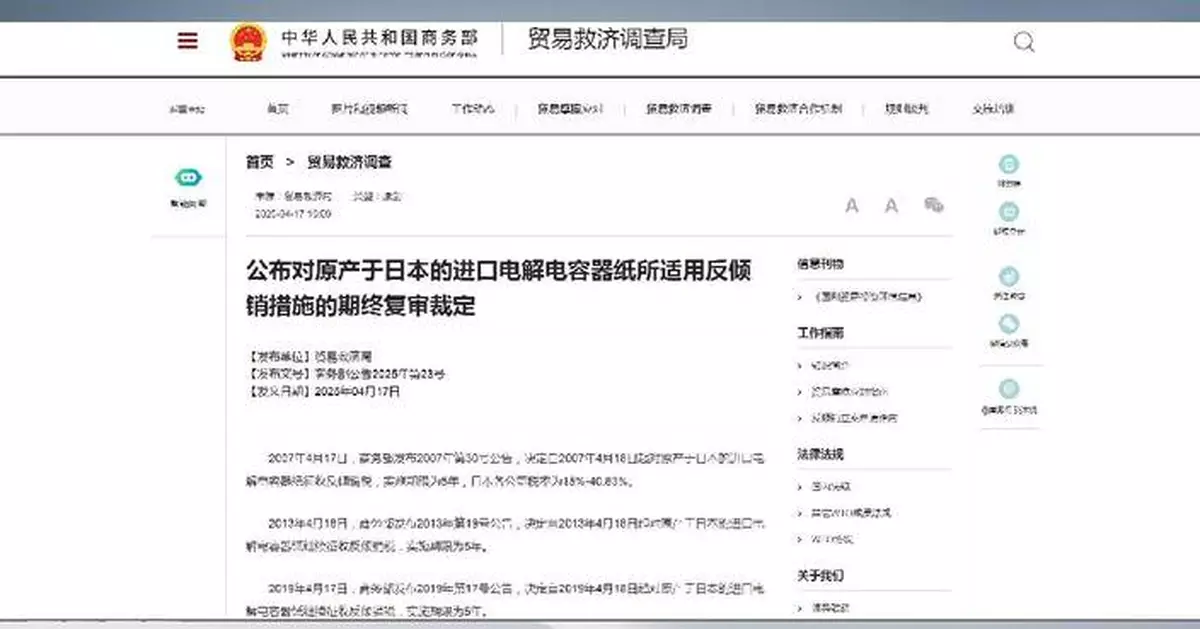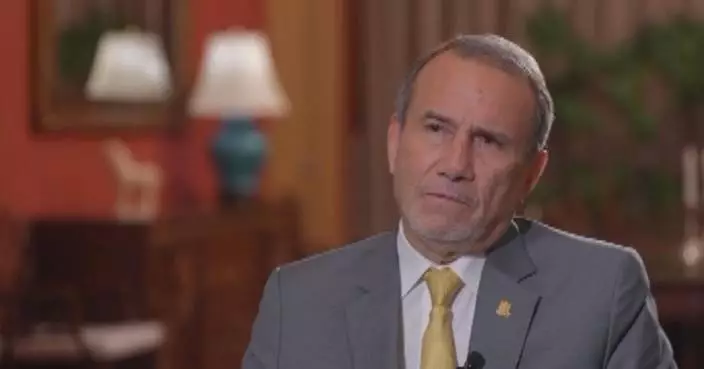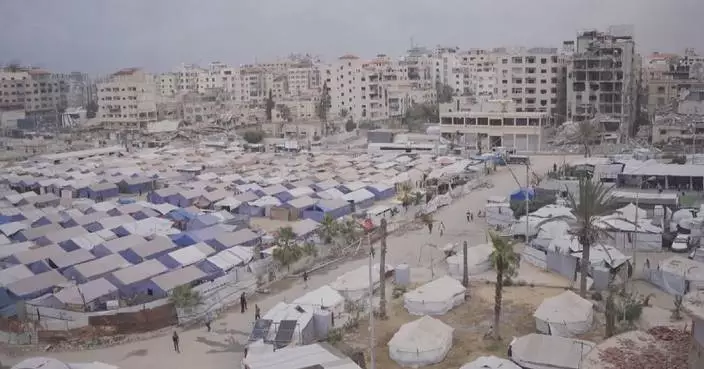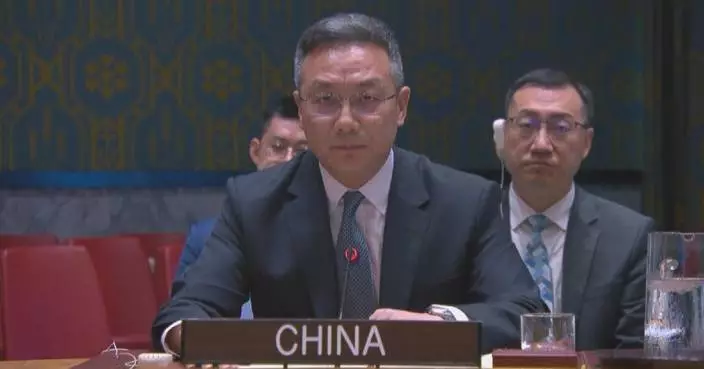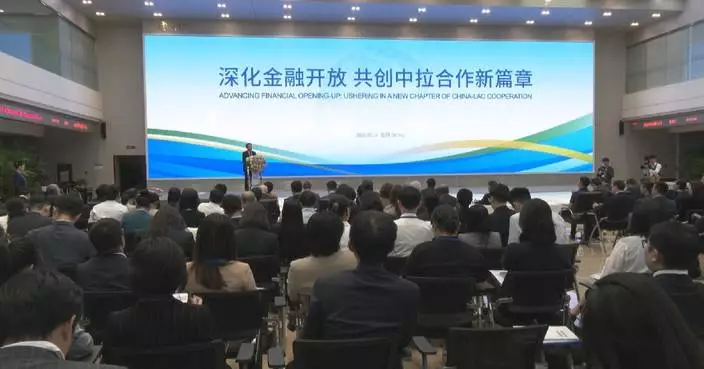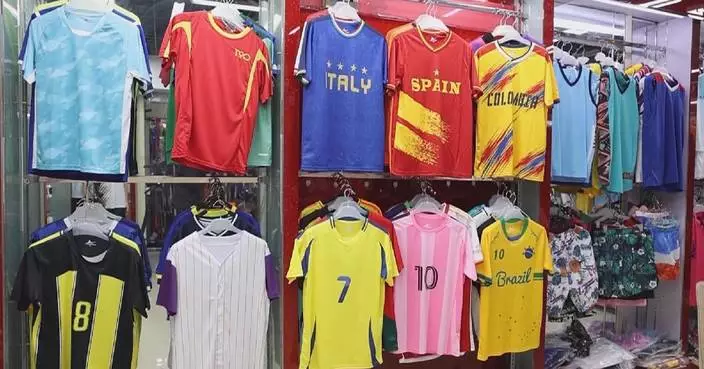The Chinese government has decided to extend anti-dumping duties on imported paper for electrolytic capacitors from Japan for another five years, starting Friday, the Ministry of Commerce announced Thursday.
This State Council's decision follows a sunset review initiated in April 2024 at the request of the Chinese electrolytic capacitor paper industry.
If these anti-dumping measures were terminated, the dumping of imported electrolytic capacitor paper from Japan could continue or recur, potentially causing ongoing or renewed harm to China's domestic industry, the ministry said.
Under the extended measures, Japanese companies will continue to face an anti-dumping duty of up to 40.83 percent.
Electrolytic capacitor paper is used as the base material to absorb electrolytes in electrolytic capacitors, playing a crucial role in the functioning of the capacitors.
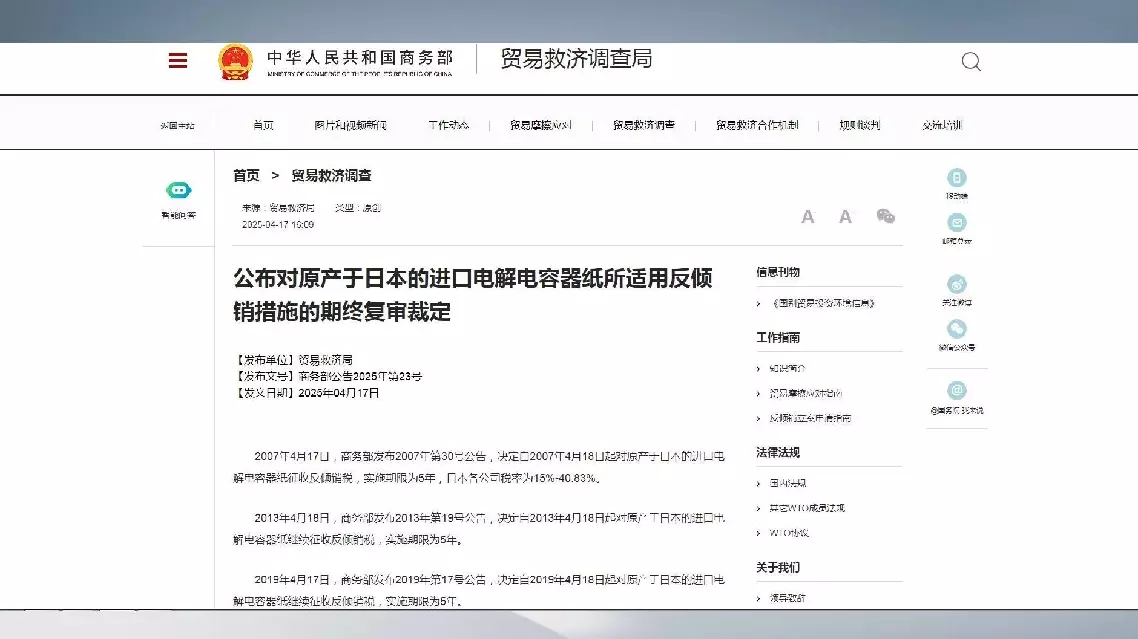
China extends anti-dumping duties on Japanese electrolytic capacitor paper
The United Nations Security Council has called on Israel to lift its blockade on Gaza, where food supplies are dwindling and the humanitarian situation continues to deteriorate.
Addressing an emergency meeting of the UN Security Council on Gaza's worsening humanitarian crisis on Tuesday, Tom Fletcher, the UN under-secretary-general for humanitarian affairs, said the humanitarian situation in Gaza is deteriorating rapidly amid an Israeli blockade that has prevented the entry of food, medicine, water and shelter materials for more than 10 weeks.
"We have life-saving supplies ready, now, at the borders. We can save hundreds of thousands of survivors. We have rigorous mechanisms to ensure our aid gets to civilians, and not to Hamas. But Israel denies us access, placing the objective of depopulating Gaza before the lives of civilians," he told the security council.
According to Fletcher, some 70 percent of Gaza's territory is either under displacement orders or within Israeli-militarized zones, leaving hundreds of thousands of civilians trapped in shrinking areas without basic necessities.
Every single one of the 2.1 million Palestinians in the Gaza Strip face the risk of famine. One in five face starvation, Fletcher said, quoting a report from the United Nations Food and Agriculture Organization (FAO).
Israel blocked the entry of goods and supplies into Gaza on March 2, following the end of the first phase of a January ceasefire deal with Hamas. It resumed attacks on Gaza on March 18, with at least 2,720 Palestinians killed since then.
Fletcher described an Israeli plan for aid distribution in the Gaza Strip as a "a fig leaf for further violence and the displacement" of Palestinians in the enclave.
"The Israeli-designed distribution modality is not the answer. It practically excludes many, including people with disabilities, women, children, the elderly, the wounded. It forces further displacement. It exposes thousands of people to harm. It sets an unacceptable precedent for aid delivery, not just in the OPT (the Occupied Palestinian Territory), but around the world. It restricts aid to only one part of Gaza while leaving other dire needs unmet. It makes aid conditional on political and military aims. It makes starvation a bargaining chip," he said.
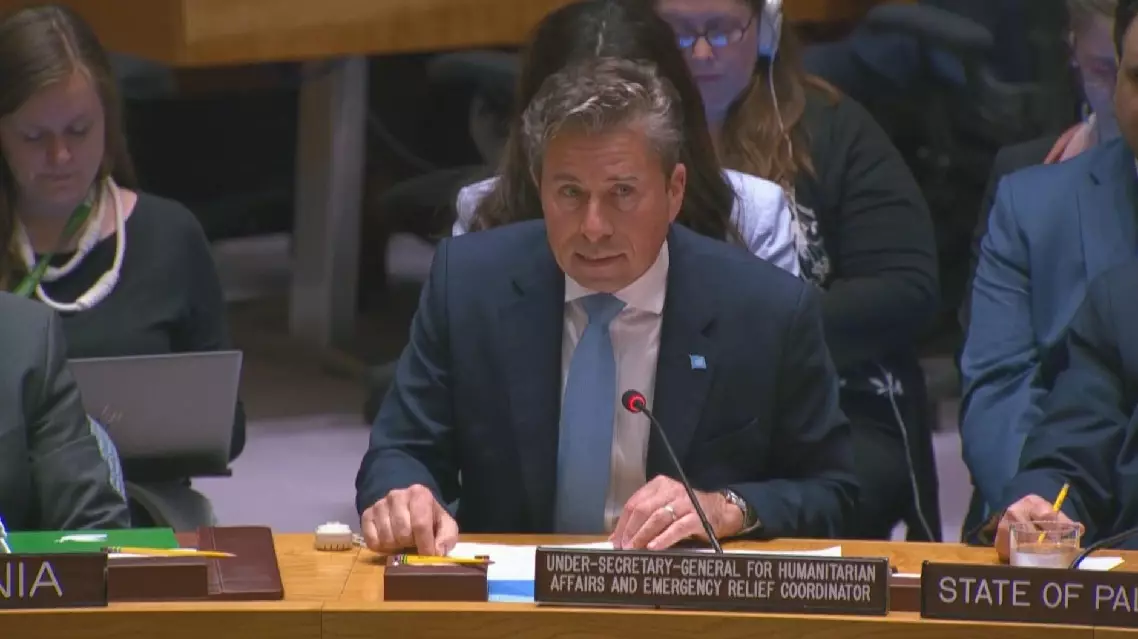
UN Security Council urges Israel to lift Gaza aid blockade amid famine warnings



